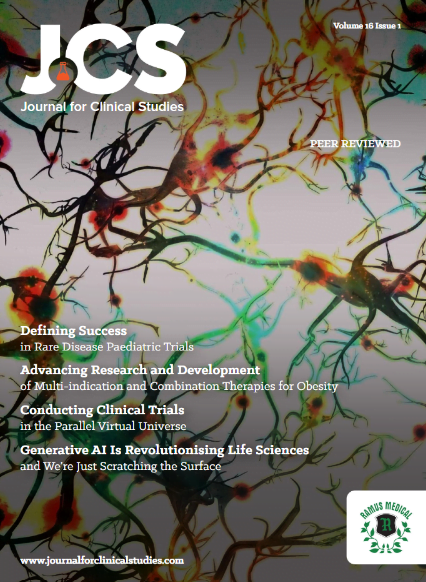- Regeneron and Sanofi said Friday their experimental IL-33 antibody improved asthma control better than placebo in a Phase 2 study.
- But REGN3500 didn’t beat the two drugmakers’ other drug Dupixent, tested in another arm of the proof-of-concept trial. The study wasn’t designed to find statistical significance between the active treatment arms, but the companies said Dupixent was numerically better than REGN3500 across all endpoints. A combination of the two biologics also failed to show more benefit than Dupixent alone.
- “This trial suggests that REGN3500 may provide an alternative targeted approach for patients suffering from asthma,” said George Yancopoulos, Regeneron’s chief scientific officer, in a statement. For an anticipated timeline, the IL-33 antibody could start Phase 3 testing in 2020 and produce data in 2022 to set up a regulatory decision in 2023, Cowen & Co. analyst Yaron Weber wrote Friday.
The topline readout was light on specifics, lacking statistics that showed the magnitude of difference between REGN3500 and Dupixent (dupilumab).
The study tested nearly 300 adults with moderate or severe asthma for 12 weeks. Patients were randomized to receive either REGN3500 monotherapy, Dupixent monotherapy, a combination of the two biologics or placebo.
An inhaled corticosteroid and long-acting beta-agonist therapy are the standard of care for most asthma cases, although biologics have found a role in more severe types that have remaining symptoms.
The combination of the two therapies failed to perform better than Dupixent alone. Cowen’s Yerber said the result does not justify further developing REGN3500 as a Dupixent combo therapy.
And while questions linger over exactly how much worse REGN3500 performed than Dupixent, that did not stop analysts and investors from mulling over potential impacts for competitors.
AnaptysBio is also developing an anti-IL-33 antibody called etokimab. That San Diego-based biotech saw its stock drop 15% Friday morning, as some Wall Street analysts worried etokimab would struggle to best REGN3500.
Stifel’s Derek Archila downgraded the company Friday, slashing his price target by 40% to $74 over a lack of confidence that etokimab can differentiate itself from Dupixent. The study results suggest that AnaptysBio’s drug is “years behind Dupixent,” the analyst wrote.
Other analysts covering AnaptysBio stopped short of reaching that conclusion without detailed data, bringing up the possibility that REGN3500 and etokimab could be meaningfully different.
“We are cautious on making a direct read to [AnaptysBio’s] etokimab without knowing if REGN3500 and etokimab are achieving comparable levels of IL-33 suppression,” Cantor Fitzgerald’s Eliana Merle wrote to investors.
Etokimab is slated to produce top-line results from a Phase 2b study in atopic dermatitis by year’s end.
REGN3500 is also in mid-stage clinical testing for chronic obstructive pulmonary disease and atopic dermatitis. The atopic dermatitis trial is expected to generate data next year.
AstraZeneca also has an IL-33 program, MEDI3506, in Phase 1 testing for chronic obstructive pulmonary disease.















